
1 minute read
The importance of bees Examining their ecological impact, and tips to help them thrive
By Andrea Busche
The humble honey bee is vital to life as we know it.
Not only do they pollinate many of the plants that we humans love to eat, but they produce delicious honey, and help keep the economy buzzing, too.
From loss of habitat to pesticides and extreme weather, there are many threats affecting the populations of these beloved –and important – creatures. But there are many simple things we can do to help keep the bee population healthy.
Vital To Plant Pollination And Global Economy
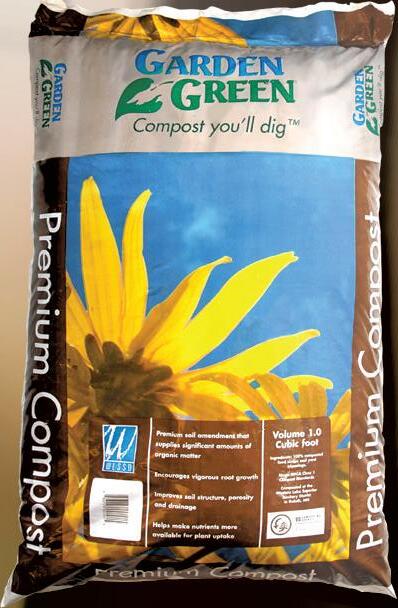
Globally, around 87% of flowering plants and 35% of crops rely on insects and other animals for pollination, according to April Kustov, apiary inspector for the Wisconsin Department of Agriculture, Trade, and Consumer Protection.

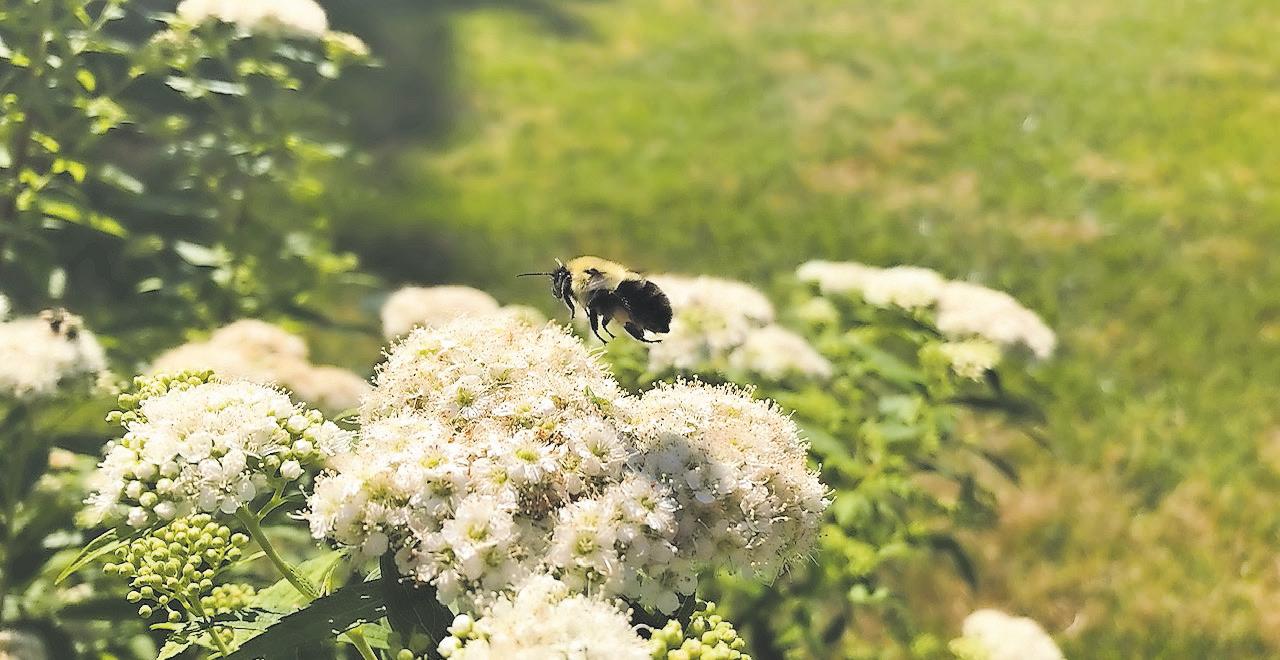
“The human race could survive without pollinators, but our diets would definitely change,” she said. “Many of the fruits, veggies and grains we eat are pollinated by bees.”
Bees also have an enormous impact on the economy. In Wisconsin, pollinator-dependent crops account for over $55 million in annual production. Each year, honey bee pollination services contribute $3 billion to agriculture nationwide.
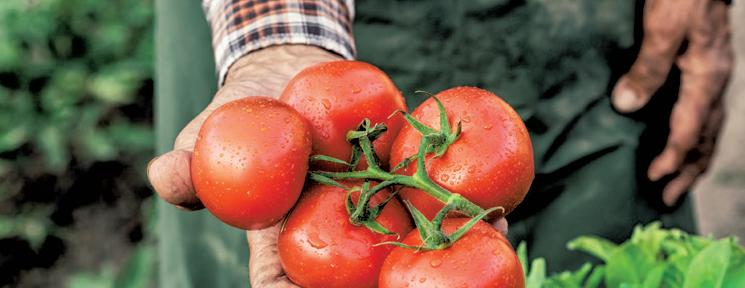
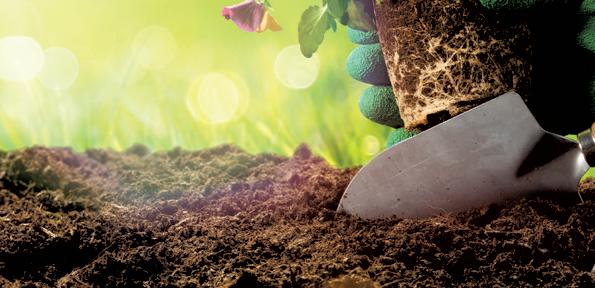
In 2018, Wisconsin ranked 16th nationwide in honey production; the state’s beekeepers maintained 51,000 beehives and produced 2.3 million pounds of honey, valued at $6.63 million. In 2008, the U.S. honey crop was valued at $226 million.
Honey
Another important sideeffect of maintaining a healthy bee population is the delicious product they produce – honey. Adding honey to our diets can be surprisingly beneficial.
“On the one hand, honey is not nutritionally different from other types of sugar, although it contains low concentrations of vitamins
A, C, and E,” Kustov said. “Still, honey from flower sources such as the Manuka tree in New Zealand can have strong antibacterial properties, inhibiting over 60 species of bacteria. In fact, in 2008 the FDA approved Manuka honey for treating MRSA (methicillin resistant staph aureus).
“Honey, especially darker varieties, contain antioxidants like carotenoids at seven times the rate of raw cane sugar. Antioxidants protect cells from damage connected to ailments like cancer.”
Kustov recommends buying locally-sourced honey whenever possible, and looking for words like “unheated,” “raw,” and “unprocessed” on the labels.
“It’s like eating sunshine from your area,” she said of the joys of enjoying local honey.
Bees In Our Area
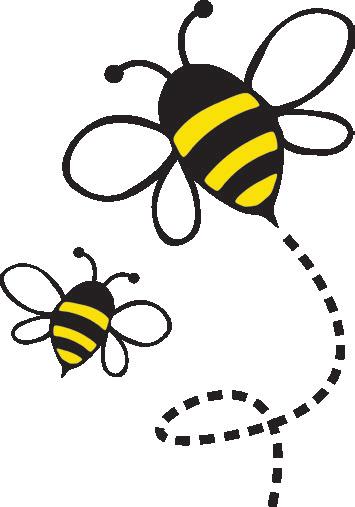
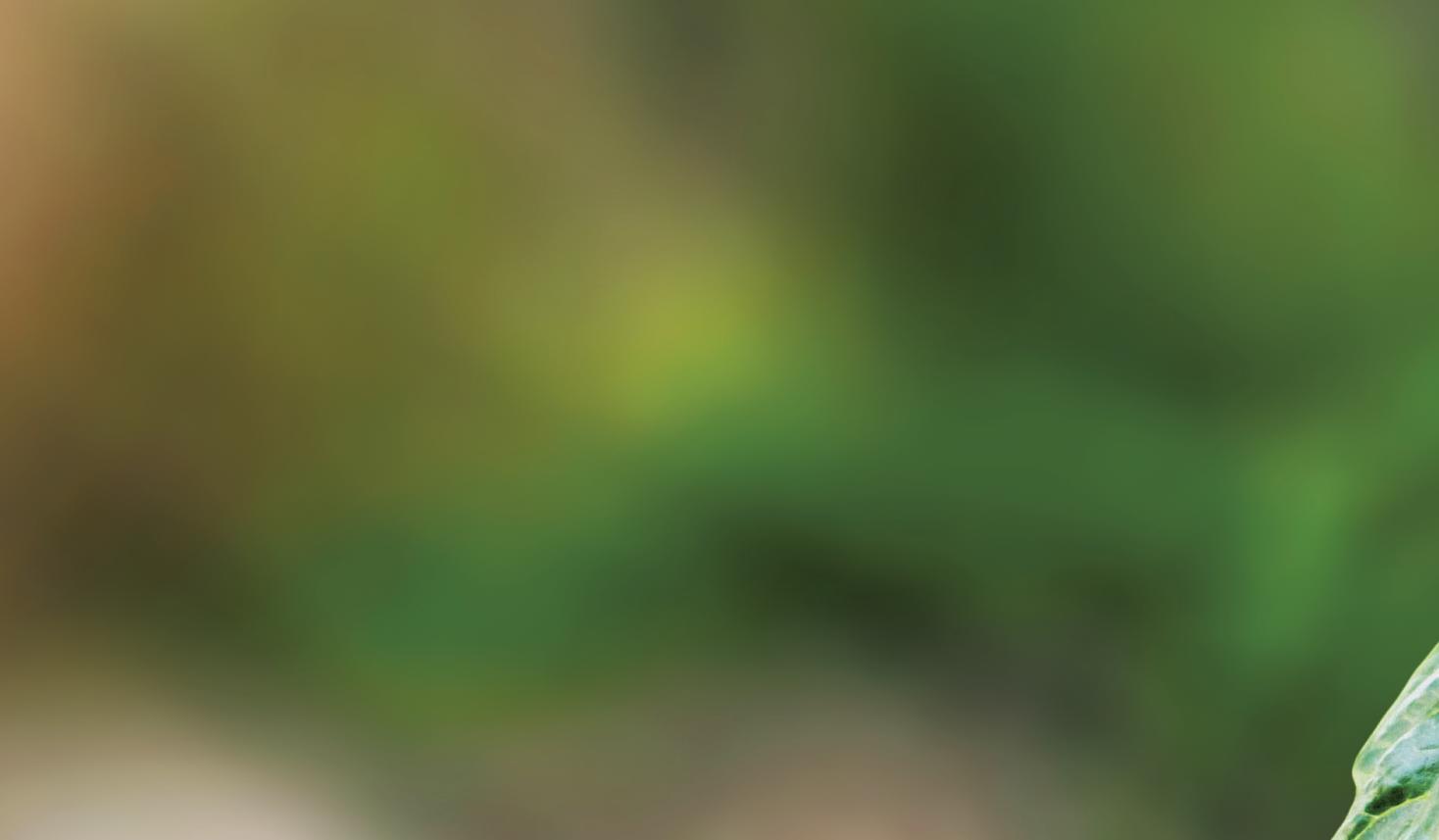

Kustov explained a bit about some of the species of bees in our area. “Although the most commonly recognized bee is the honey bee, there are actually 3,600 bee species in the U.S., and 400 bee species just in Wisconsin,” she said.







